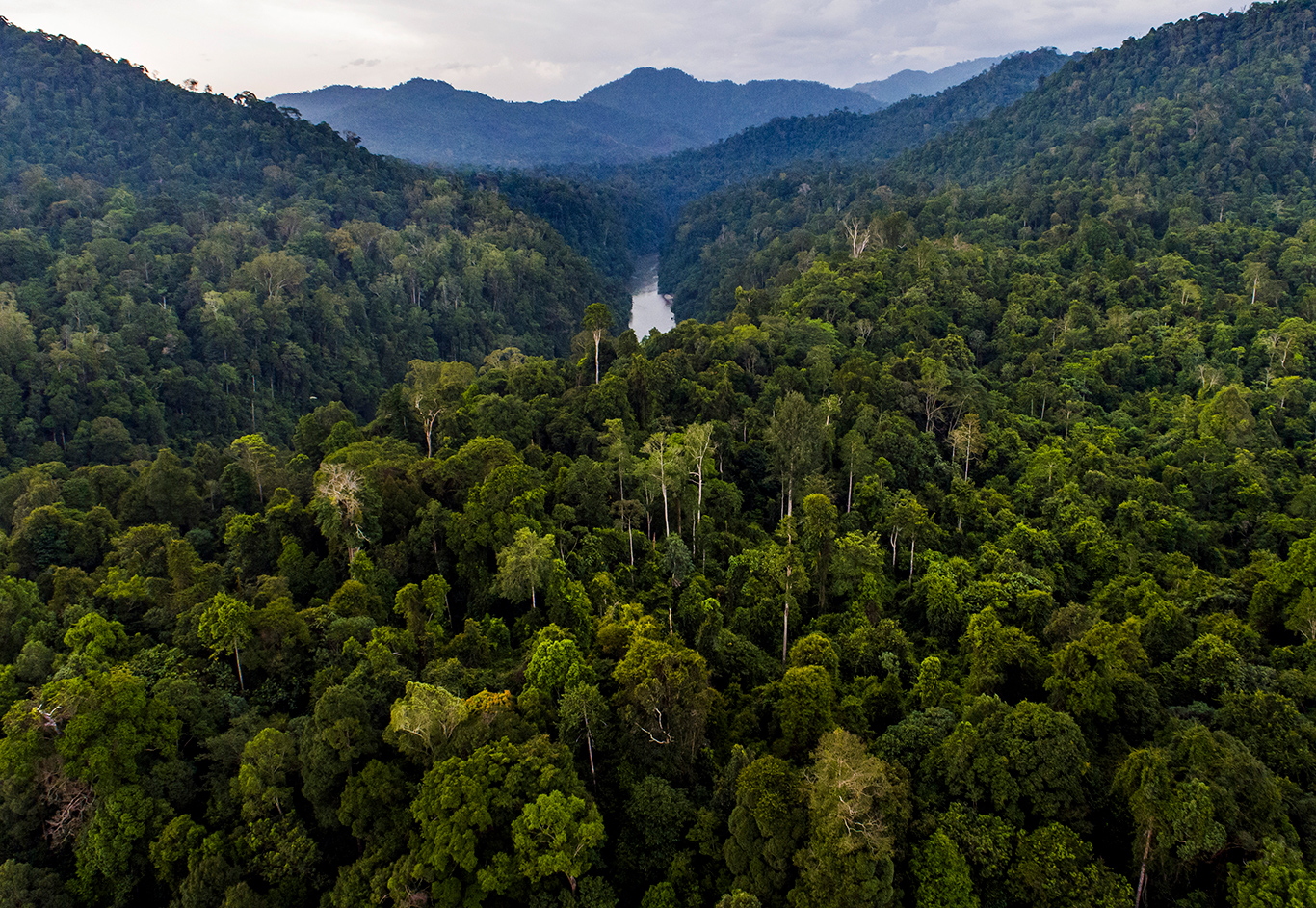Undercover field investigations in Indonesia’s Leuser Ecosystem implicate big name brands in destruction of carbon-rich peatlands in violation of their own deforestation policies
***View full case study investigation here
San Francisco- Rainforest Action Network (RAN) conducted a series of undercover field investigations in 2019 to determine if the alarming destruction of peat forests occurring within the globally important lowland rainforests of Sumatra’s Leuser Ecosystem was being driven by major snack food brands and banks, even though these companies had adopted policies years ago to end deforestation in their supply chains. The results of the investigations are definitive. Palm oil, grown illegally at the expense of the protected peat forests of Rawa Singkil Wildlife Reserve in Indonesia’s world-renowned Leuser Ecosystem, is being used to manufacture snack foods sold across the world by Unilever, Nestlé, PepsiCo, Mondelēz, General Mills, Kellogg’s, Mars and Hershey’s.
“The evidence resulting from our investigations is unequivocal,” said Gemma Tillack with Rainforest Action Network. “Despite the fact that these big name brands publicly promised to end deforestation for snack foods years ago, they are still sourcing from the companies driving palm oil plantation expansion into the heart of one of the highest priority conservation landscapes for addressing the climate crisis and wildlife extinction on the planet: the lowland peat forests of the Leuser Ecosystem.”
“The mills investigated here simply do not have the basic systems in place to ensure their palm oil is not driving rainforest destruction, so no company with a no-deforestation commitment can buy from them in good faith to their existing policy.”
The health of the Leuser Ecosystem’s Singkil-Bengkung landscape — comprised of the Rawa Singkil Wildlife Reserve, the Kluet peatland and the connecting lowland rainforests — is internationally significant because of its expanses of ancient, deep, carbon-rich peatlands, which are among the most valuable and effective natural carbon sinks on earth. Conversely, when drained and cleared as documented here, these peat soils transform into carbon bombs that emit catastrophic levels of pollution into the atmosphere for years on end. In the lead up to the 2015 UN COP Paris Agreement negotiations, massive peat fires in Indonesia, driven primarily for palm oil plantation expansion, were emitting more carbon pollution into the atmosphere than the entire United States economy combined. It has been estimated that the carbon emissions alone of fires across these two peatlands could contribute up to 7% of Indonesia’s total annual emissions, undermining Indonesia’s ability to deliver on its committed contributions to The Paris Agreement.
This area of wet, lowland rainforest has been dubbed the ‘orangutan capital of the world,’ as it is home to the highest population densities of critically endangered orangutans anywhere. This includes a culturally distinct subpopulation of a few thousand individuals which demonstrate social structures and tool-using behaviors unique from all other orangutan populations. The Singkil-Bengkung region also contains some of the best remaining breeding habitat for critically endangered Sumatran rhinos, elephants and tigers.
“The Singkil-Bengkung region of the Leuser Ecosystem presents a rare opportunity to still get it right,” said RAN spokesperson Laurel Sutherlin. “This area still has vast, intact habitat for elephants, rhinos, orangutans, tigers and countless other species, but without real action by snack food companies and major banks, this priceless treasure and globally important, natural carbon sink will be lost to a death by a thousand cuts.”
RAN is demanding that brands caught contributing to this destruction stop buying palm oil sourced from the rogue mills identified in the investigation, until the mills establish transparent and verifiable monitoring, traceability and compliance systems to ensure they are only sourcing truly responsible palm oil. In addition, RAN calls on companies to place offending producers on no-buy lists and for banks to make future financing to the implicated culprits conditional on ending sourcing of illegal palm oil and strengthening monitoring and third party supplier compliance systems.












